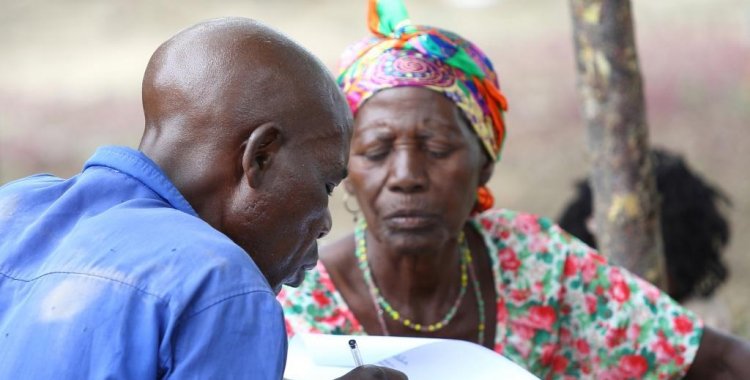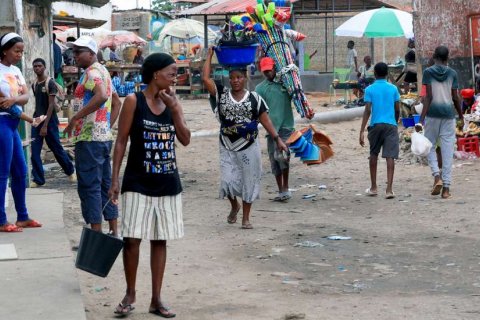Social Work is an essential profession that aims to improve people's quality of life, promote social justice and strengthen communities. Its impact ranges from the individual to the global level, contributing to a more just, equitable and compassionate world. It is known that Social Service in Angola plays a crucial role in addressing social needs and community development in a
context that faces significant challenges post-civil war and in the midst of an economic and social transition.
On the other hand, professional Social Workers play a crucial role in social intervention projects due to their training and specific skills that are essential to deal with complex and varied issues that affect individuals, families and communities.
Historical Context and Challenges
Angola emerged from decades of civil war in 2002, leaving a legacy of poverty, inequality, poor infrastructure and profound social challenges. Social Work plays a crucial role in social reconstruction, promoting community cohesion and mitigating the impacts of war.
In recent times, many intervention/development projects have been implemented in various sectors, namely:
• Education and training;
• Combat;
• Community Intervention;
• Advocacy and Human Rights;
• Development of Social Policies;
• Agriculture (fights poverty);
• Energy and water;
• Current and Future Challenges, among others.
It is regrettable that these professionals are not included in projects, as social workers often act as advocates for the interests of vulnerable and marginalized populations. They enable people to understand their own rights and to be actively involved in the decision-making processes that affect their lives.
What is the importance of professional Social Workers in intervention/development projects?
Social workers play a crucial role in social intervention projects due to their training and specific skills that are essential for dealing with complex and varied issues that affect individuals, families and communities.
Below we list some of the main reasons for the importance of social workers in intervention/development projects:
Needs analysis: Social workers are trained to conduct detailed assessments of the needs of individuals and communities. They identify the specific challenges and problems people face, helping to develop appropriate and personalized interventions.
Advocacy and Empowerment: Social workers often act as advocates for the interests of vulnerable and marginalized populations. They enable people to understand their own rights and to be actively involved in the decision-making processes that affect their lives.
Mediation and Conflict Resolution: In community projects, the social worker plays a crucial role in mediating conflicts and promoting constructive dialogue between different interested parties (Stakeholders). This is essential to promoting social cohesion and resolving disputes peacefully.
Service Coordination: Many intervention projects involve a variety of services and resources. The social worker serves as a central coordinator, ensuring that individuals receive adequate and coordinated access to services such as health, housing, education, and legal assistance.
Program Planning and Implementation: Social workers are skilled in designing, implementing, and evaluating intervention programs. They help ensure that programs are culturally sensitive, effective, and sustainable over time.
Promotion of Social Justice: One of the pillars of the social work profession is the promotion of social justice. This means they not only address individual problems, but also work to address structural inequalities and promote systemic changes that benefit marginalized groups.
Emotional Support and Counseling: In many intervention projects, especially those dealing with crisis and trauma, social workers provide emotional support, counseling, and therapeutic interventions. This is critical to helping individuals deal with emotional and psychological difficulties.
In short, the role of the social worker in intervention projects is multifaceted and essential to ensure that programs are effective, relevant and impactful for the communities served.








